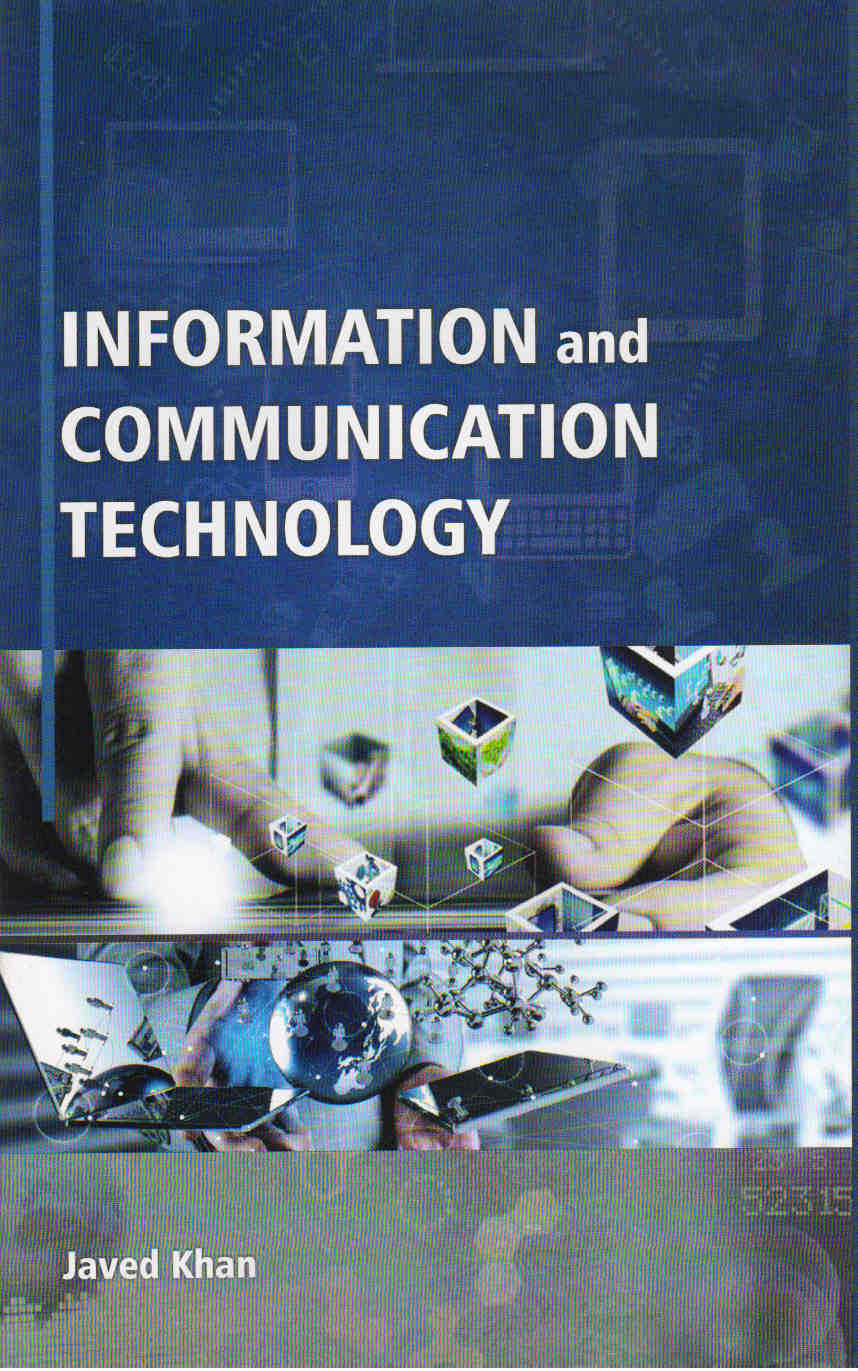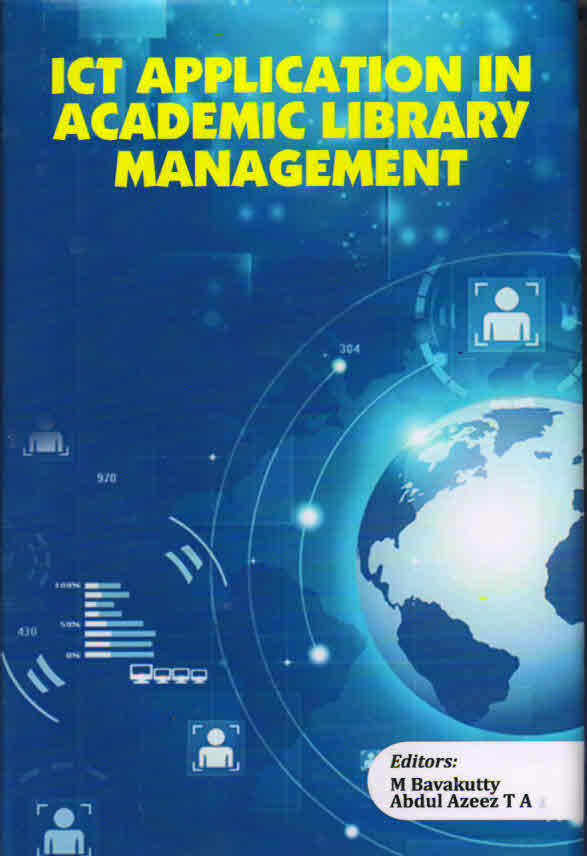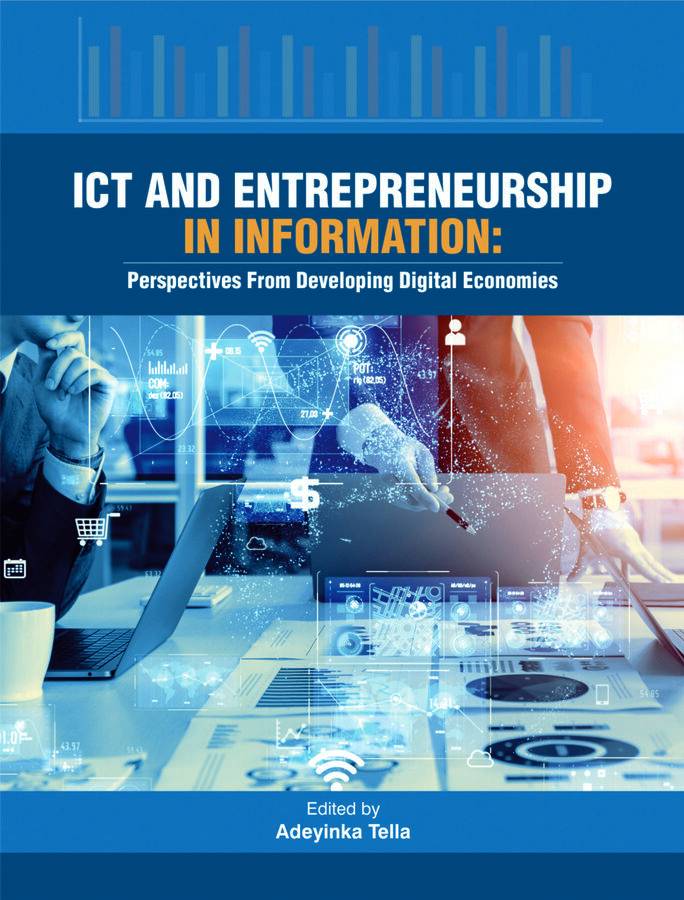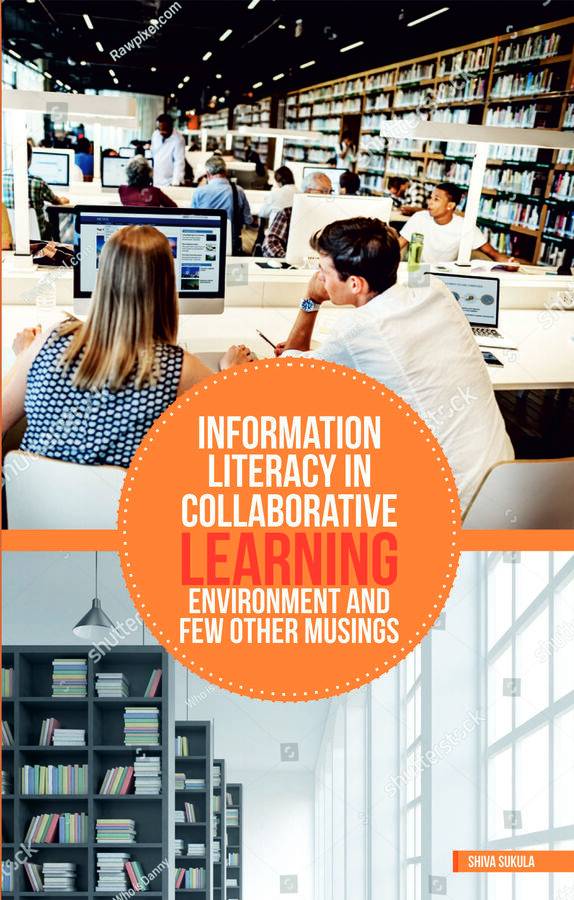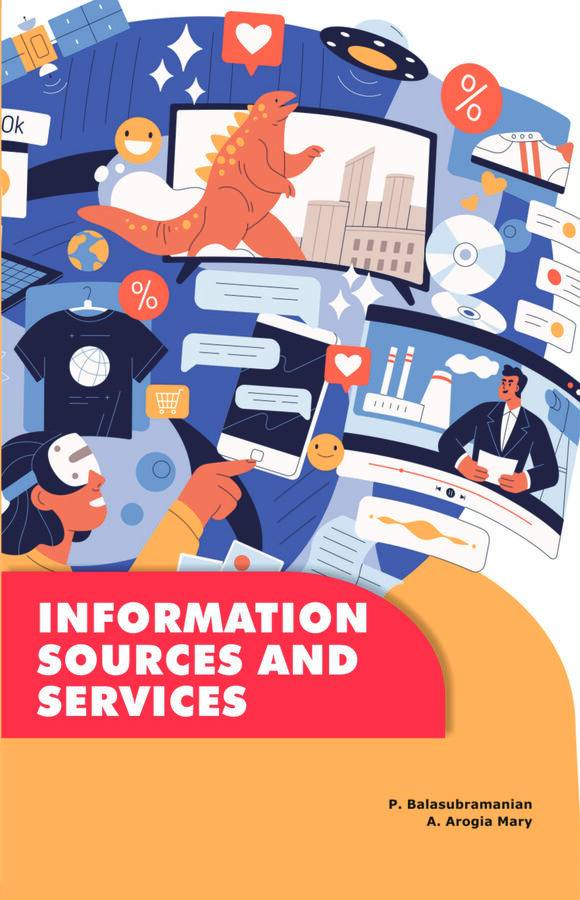Library and Information Science is an interdisciplinary area of study that deals with the collection, processing, Organization, preservation and dissemination of Information in various types of libraries for enabling the optimum utilization of information by its clientele. Various practical perspectives of different types of academic and research activities come under the purview of this area of study. Traditional libraries usually functioned with mere paper based, printed material as information resources, whereas modern concept of libraries embrace wide spectrum of electronic and non print material that too within the scope of library systems and services. Keeping the current scenario in view, today's professionals need a variety of competencies and skills, in addition to the basic core of traditional skills and professional knowledge.
This book has been written with an aim to serve the needs of the students of Library & Information science. ICT is major challenge to our educational system it provides a brief overview of some of the key topics in the field of ICT. Information and Communication Technology (ICT) is a term which focuses on the use and integration of communication technologies in information technology (IT). ICT refers to any device or product which enables the "capturing, storing, transmitting and displaying data and information electronically."
Most books about ICT-related visions look primarily to future technological breakthroughs and what they will mean to business and society. This book critically examines the visions and realities that have already shaped technological change in order to provide practical insights into how the long-term social and economic implications of ICTs can be addressed. In doing so, it provides much evidence to help readers understand the ways individuals, households, schools, organizations, governments, and regions are shaping technologies--as well as being shaped by them. Most importantly, this journey into the social and economic complexities surrounding ICTs not only challenges prevailing wisdom about the effects of ICTs, it also provides direction for policy and practice to achieve the opportunities presented by the profusion of ICT innovations.


